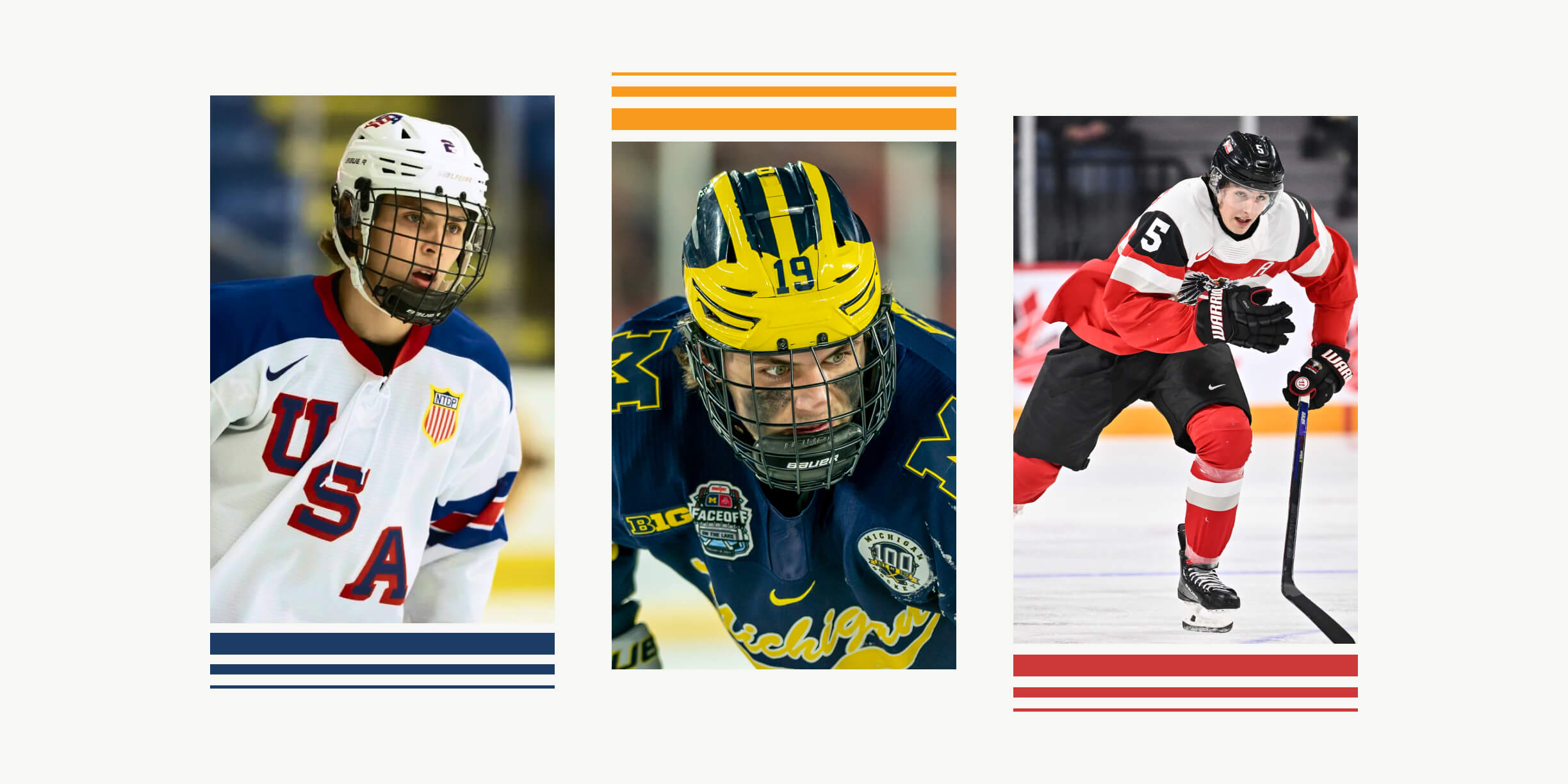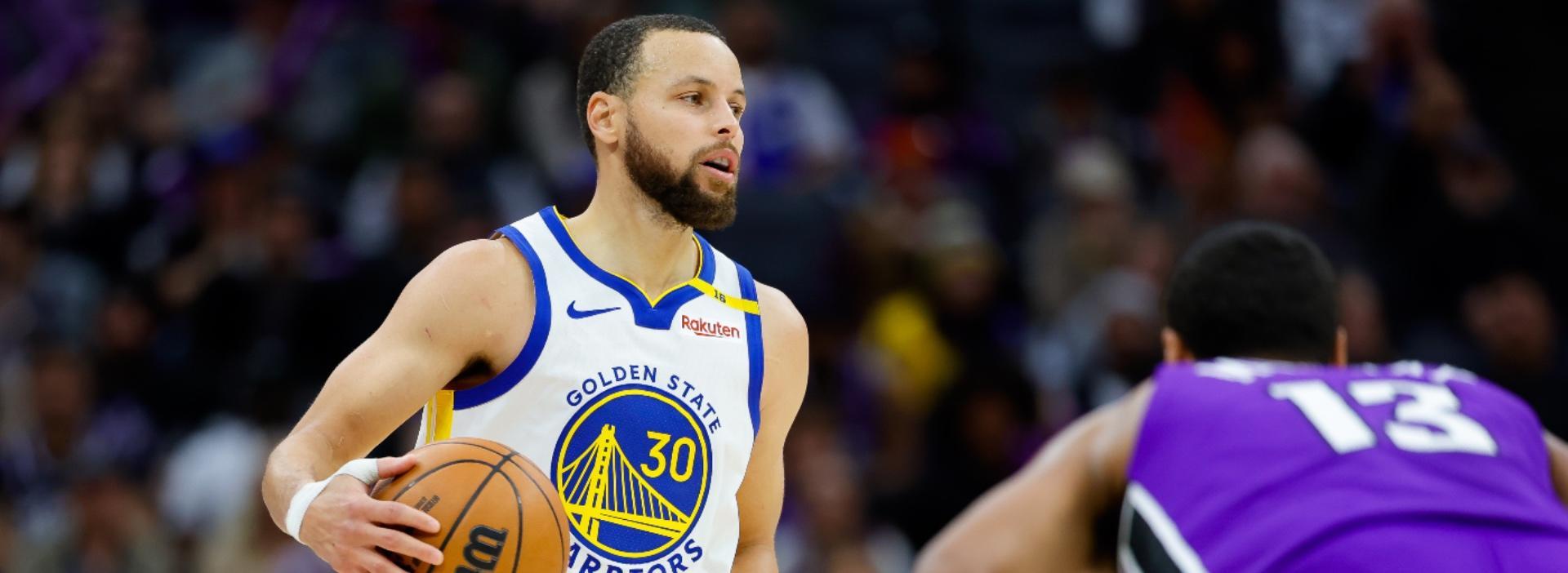Internet Censorship Debate Heats Up: Vercel Vs. LaLiga's Piracy Blocks

Table of Contents
LaLiga's Fight Against Piracy and the Role of Website Blocking
LaLiga, the Spanish professional football league, faces significant financial losses due to the rampant piracy of its matches. Illegal streaming sites siphon off viewers and revenue, impacting the league's ability to invest in players, infrastructure, and overall growth. To combat this, LaLiga employs a multi-pronged approach, aggressively pursuing those responsible for distributing unauthorized content.
LaLiga's strategies to identify and take down pirate streaming sites include:
- Legal action against streaming platforms: LaLiga initiates lawsuits against operators of illegal streaming sites, seeking injunctions and damages.
- Collaboration with ISPs for IP blocking: The league works with internet service providers (ISPs) to block access to known pirate websites within Spain and, increasingly, internationally. This involves obtaining court orders to compel ISPs to block access to specific IP addresses and domain names associated with illegal streaming.
- Use of DMCA takedown notices: LaLiga utilizes the Digital Millennium Copyright Act (DMCA) to issue takedown notices to hosting providers and search engines, demanding the removal of links to infringing content.
- Focus on disrupting access to live streams: Their efforts primarily concentrate on disrupting access to live streams of matches, recognizing this as the most damaging form of piracy.
The ethical implications of such aggressive tactics are undeniable. While protecting intellectual property rights is crucial, critics argue that broad-brush website blocking can inadvertently stifle legitimate online activity and infringe on freedom of speech. Balancing the need to protect LaLiga's intellectual property with the broader principles of internet freedom is a significant challenge. The question remains: how far should copyright holders be allowed to go in their fight against piracy?
Vercel's Stance on Content Moderation and Freedom of Speech
Vercel, a popular serverless platform and hosting provider, finds itself at the center of this debate. As a platform that hosts countless websites and applications, Vercel faces the challenge of balancing its commitment to free speech with the need to comply with copyright laws. Vercel champions free speech and opposes what it sees as overzealous censorship. Their approach to content moderation emphasizes:
- Vercel's platform policies regarding illegal content: While Vercel's terms of service prohibit illegal activity, they advocate for a nuanced approach, emphasizing due process and transparency.
- Their argument against broad-brush website blocking: Vercel argues that blanket website blocking is an ineffective and potentially harmful method of combating piracy, as it can lead to the collateral damage of legitimate websites.
- Emphasis on due process and transparency: They favor a system where content is removed only after a thorough review process, with clear communication and opportunity for appeal.
- Concerns about the potential for overreach and abuse: Vercel highlights the risk of governments and corporations abusing censorship powers, suppressing dissent, and chilling free expression.
Complying with LaLiga's requests to block websites hosted on its platform could set a concerning precedent, potentially impacting other users and projects, inadvertently censoring legitimate content and hindering innovation. The company's stance underscores the broader concerns surrounding internet censorship and the balance between protecting intellectual property and safeguarding online freedom.
The Legal and Ethical Grey Areas of Internet Censorship
The legal landscape surrounding online content and intellectual property is complex and often ambiguous. International and national laws governing copyright infringement vary significantly, creating a patchwork of legal interpretations that can be difficult to navigate. The tension between protecting copyright and upholding free speech principles is at the heart of the debate:
- International laws on copyright infringement: International treaties like the Berne Convention and the WIPO Copyright Treaty provide a framework for protecting copyrighted works, but their application in the digital realm remains challenging.
- National regulations regarding internet censorship: Different countries have varying regulations regarding internet censorship, reflecting different cultural norms and legal traditions.
- The impact of differing legal interpretations across jurisdictions: The lack of harmonization in legal interpretations across countries creates difficulties for both content creators and hosting providers, who must navigate a complex web of laws and regulations.
- The role of intermediary liability in online content moderation: The question of intermediary liability – the extent to which platforms are responsible for the content hosted on their servers – is central to the debate.
The potential for abuse of censorship powers is significant. Governments and corporations could use copyright infringement claims as a pretext to suppress dissent or control information flow, highlighting the need for careful consideration of the legal and ethical implications of internet censorship.
The Wider Implications of the Vercel vs. LaLiga Dispute
The Vercel vs. LaLiga dispute has broader implications for the tech industry and online content creation. It raises critical questions about the balance between protecting intellectual property and preserving online freedom.
- The chilling effect on free speech and innovation: The fear of legal action and censorship can stifle free expression and inhibit innovation in online content creation.
- The need for clear guidelines and regulations: Clearer guidelines and regulations are needed to balance the needs of copyright holders with the principles of free speech and open access to information.
- The role of technology companies in content moderation: Technology companies are increasingly playing a significant role in content moderation, creating a need for greater transparency and accountability.
- The ongoing debate about internet freedom: The dispute underscores the ongoing debate about the future of the internet and the tension between free expression and the control of information.
The future of online content delivery hinges on finding a sustainable solution that respects both intellectual property rights and the fundamental principles of freedom of expression. This requires a collaborative effort involving lawmakers, technology companies, content creators, and users alike.
Conclusion
The Vercel vs. LaLiga dispute throws into sharp relief the complex and often contradictory demands of protecting intellectual property rights and upholding freedom of expression on the internet. The debate over internet censorship is far from over, and the outcome of this conflict will likely set a precedent for future battles. It's crucial to foster a balanced approach that protects creators' rights while ensuring that online spaces remain open and accessible. Further discussion and nuanced understanding of the complexities surrounding internet censorship are needed to navigate this ever-evolving landscape. We need to find solutions that uphold both intellectual property and the principles of free speech on the internet.

Featured Posts
-
 Spring Training Baseball Cubs Vs Padres In Mesa March 4th 2 05 Ct Preview
May 16, 2025
Spring Training Baseball Cubs Vs Padres In Mesa March 4th 2 05 Ct Preview
May 16, 2025 -
 Nhl Draft Lottery The Rules And The Backlash
May 16, 2025
Nhl Draft Lottery The Rules And The Backlash
May 16, 2025 -
 July 31 Deadline Court Grants Hudsons Bay Company Creditor Protection Extension
May 16, 2025
July 31 Deadline Court Grants Hudsons Bay Company Creditor Protection Extension
May 16, 2025 -
 Nba Play In Warriors Grizzlies Matchup Breakdown
May 16, 2025
Nba Play In Warriors Grizzlies Matchup Breakdown
May 16, 2025 -
 Pinch Hit Magic Gurriels Rbi Single Propels Padres To 1 0 Win Over Braves
May 16, 2025
Pinch Hit Magic Gurriels Rbi Single Propels Padres To 1 0 Win Over Braves
May 16, 2025
Latest Posts
-
 Millions Stolen In Exec Office365 Account Compromise Fbi Investigation
May 17, 2025
Millions Stolen In Exec Office365 Account Compromise Fbi Investigation
May 17, 2025 -
 Office365 Intrusion Nets Millions For Hacker Federal Investigation Reveals
May 17, 2025
Office365 Intrusion Nets Millions For Hacker Federal Investigation Reveals
May 17, 2025 -
 Creatine Facts Myths And Your Fitness Goals
May 17, 2025
Creatine Facts Myths And Your Fitness Goals
May 17, 2025 -
 What Is Creatine A Guide To Its Uses In Fitness And Health
May 17, 2025
What Is Creatine A Guide To Its Uses In Fitness And Health
May 17, 2025 -
 The Ultimate Guide To Creatine Benefits Risks And Dosage
May 17, 2025
The Ultimate Guide To Creatine Benefits Risks And Dosage
May 17, 2025
